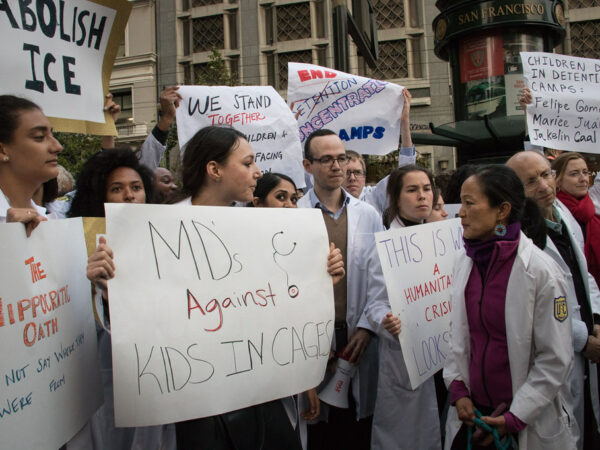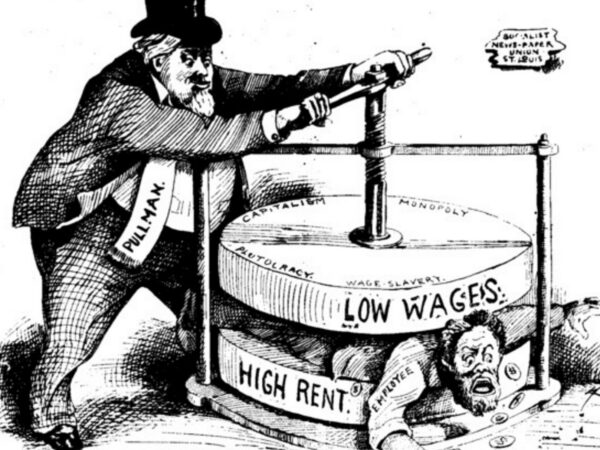
While some white American converts to Pentecostalism in the early 1900s were experiencing a resurgence of Jeffersonian populism of that era, Mexican nationals were living through revolutionary upheaval of their own. And like the older populism of American evangelical lines, the Mexican revolution’s radical populism was also agrarian, influenced by Jacobinism, and hostile to establishment elites.
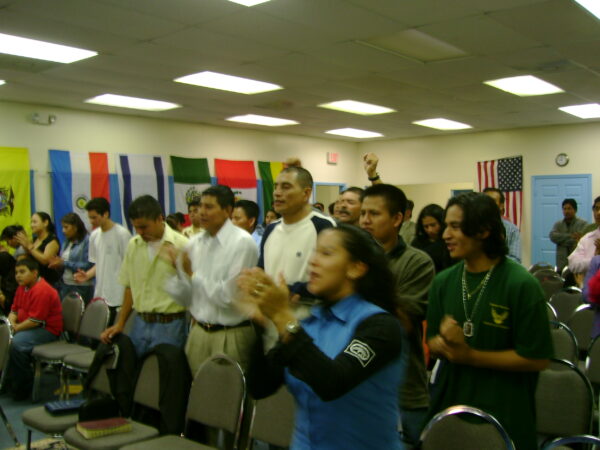
We see this wholesale adoption of White Evangelical practices in the Latino/a Evangelicals’ increasing support of the White nationalist philosophy which undergirds the White Evangelical theological position. The 2016 presidential election, Trump’s subsequent term in office, and the 2020 presidential election have made this all much more publicly clear.
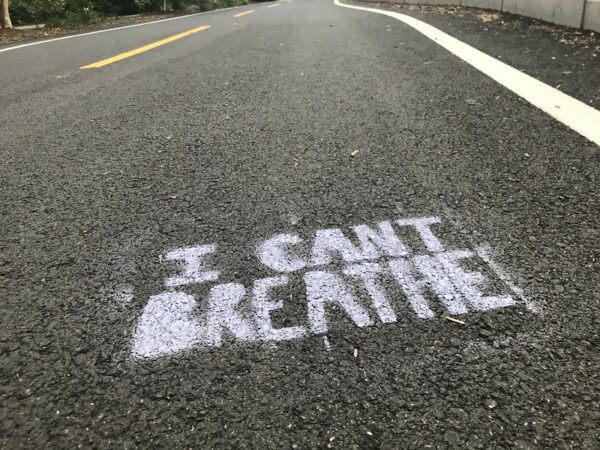
I am struck by the resonance of this notion of asphyxiation, of debilitation as asphyxiation, which makes sense not just to think about debilitated populations in the United States and Palestine/Israel, but also other populations too, in spaces ruled, albeit in different ways, by the logics of neo-liberal capitalism and biopolitical security.

Puar reads Palestine not as a state of exception, but as something considerably more potent. As I read it, Palestine emerges rather as a theater of biopolitical experiment, in which control societies test out, through varying styles of life-halting or -inhibiting violence, the modes of regulation proper to surplus populations.

The emplacement of fear and terror in the soul is what I am calling the maiming of psychic life. It is this sense of injury that extends Puar’s moving account of the violence suffered by Palestinians as they are transformed into a debilitated population to what secular sovereign power enacts on Muslims, Arabs, and “Muslim-looking” bodies writ large.

As Puar illustrates, debility ensures future sources of profitable capacitation in the name of liberal democracy and liberal rights bearing subjects. I am interested in what can be gained by attending to religion in this constellation, with the goal of further elaborating the dialectic of material and belief that engenders debility.

The biopolitics that Puar chronicles is not bent on elimination but rather on producing and measuring excess in order to extract value from it, in order to incorporate and use whatever remains in a project of ever-expanding control and validation of Israeli state legitimacy.

Scratch beneath the surface, and eugenic logic flows deep and wide. It is one thing to be moved by pity and engage in charity, or even to be moved by justice and seek to dismantle structural barriers that impede disabled people from flourishing. But it is quite another thing to imagine . . . how and why we might “conserve” disability against the possibility of a curative future.

The very characteristics that disabled people value about their embodiment are targeted as bodily states that will be ‘fixed’ in the resurrection. If the Kingdom of God is a place that eradicates disability, however, it may also eradicate our hard-won disability pride.

On Tuesday, we perhaps must break the commandment to feed the hungry, heal the sick, welcome the stranger, free the prisoner – to love “the least of these” as if they were God incarnate.
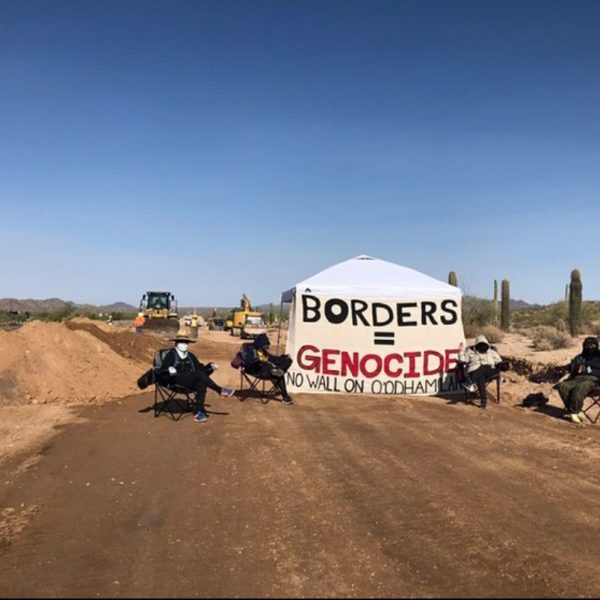
The current conjuncture of crises – climate change, pandemics, the rise of fascism and state violence, the backlash of white supremacy and heteropatriarchy against anti-racism, feminism, and queer/trans liberation, the deepening extractivism of capitalism, the further dispossession and disposability of mass incarceration and deportation, etc. – can be dismantled, swiftly, like a flood, a hurricane, a wildfire – if we can organize ourselves.
